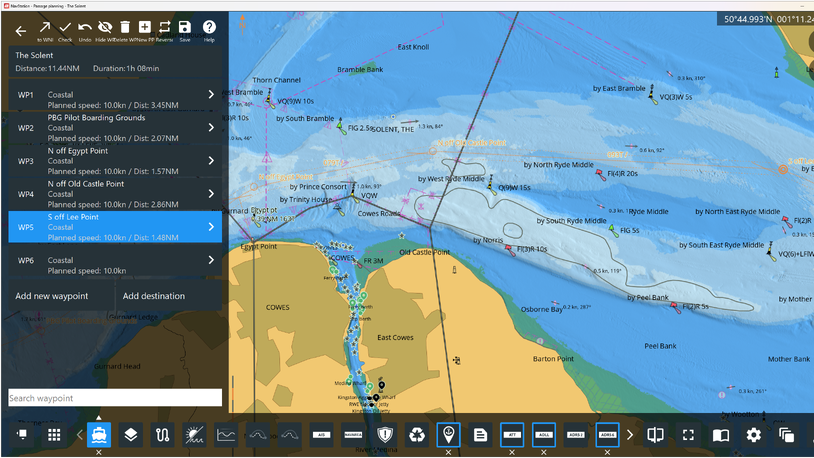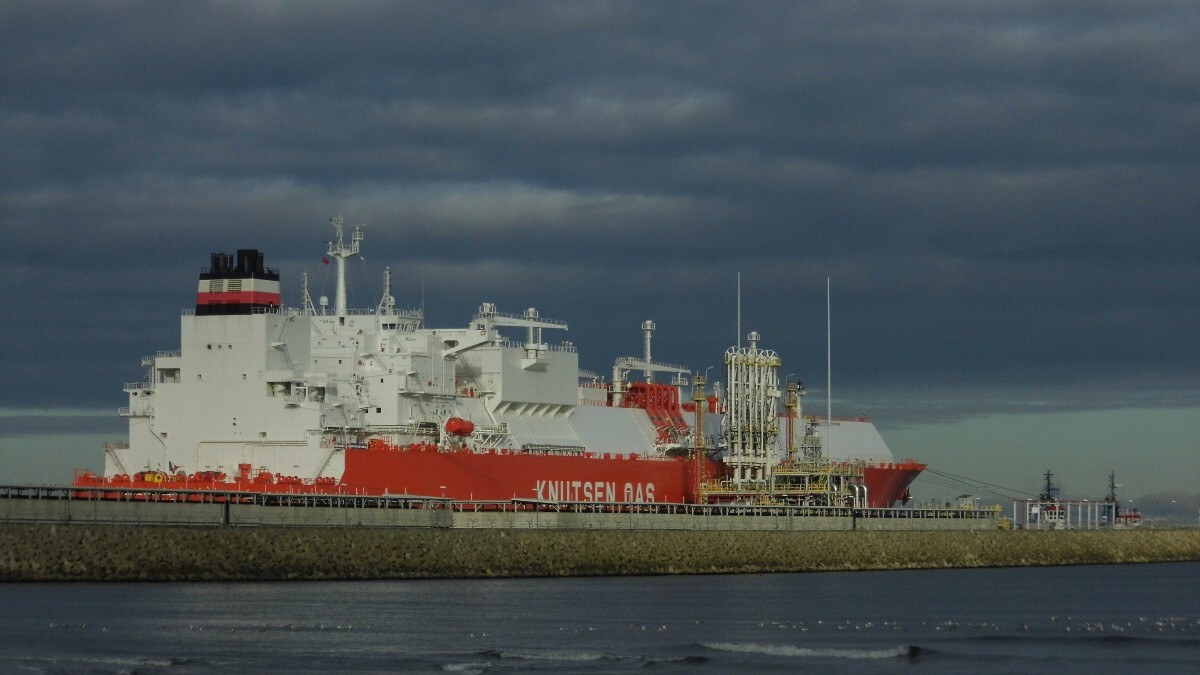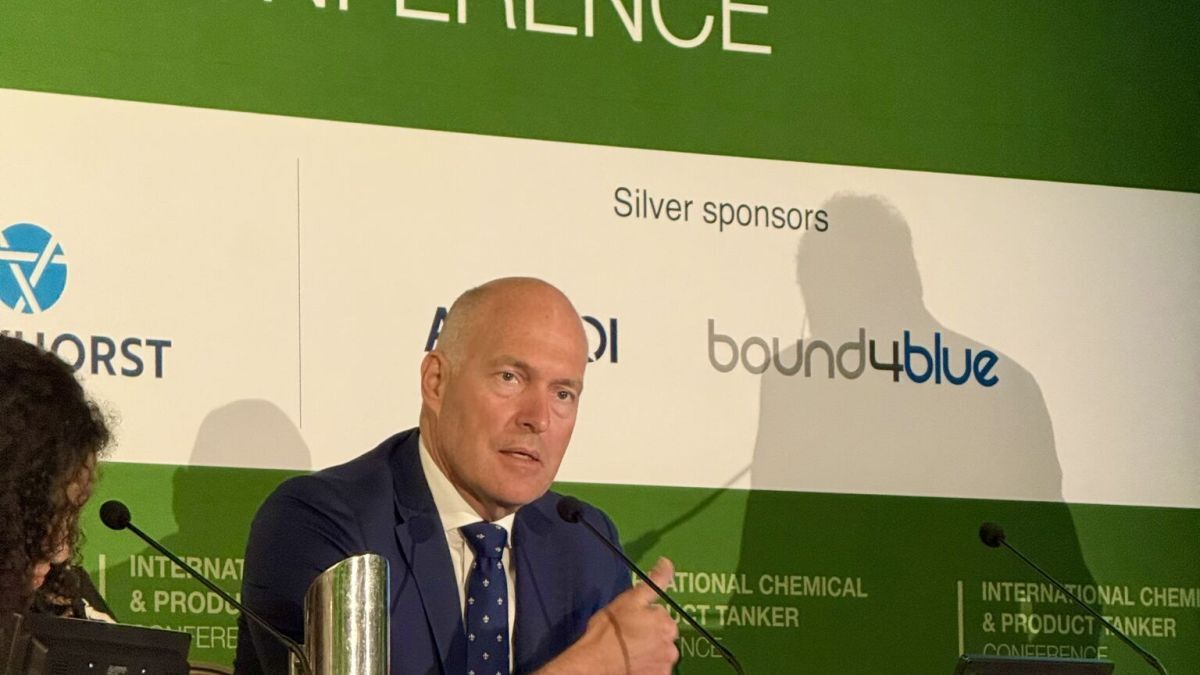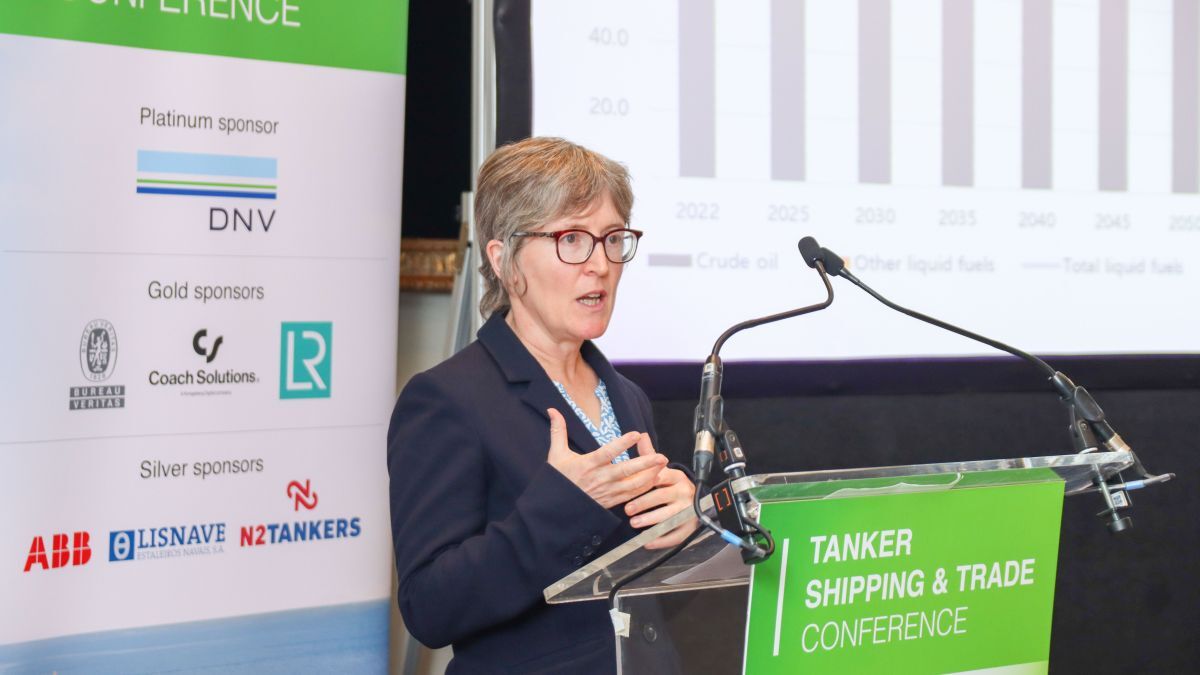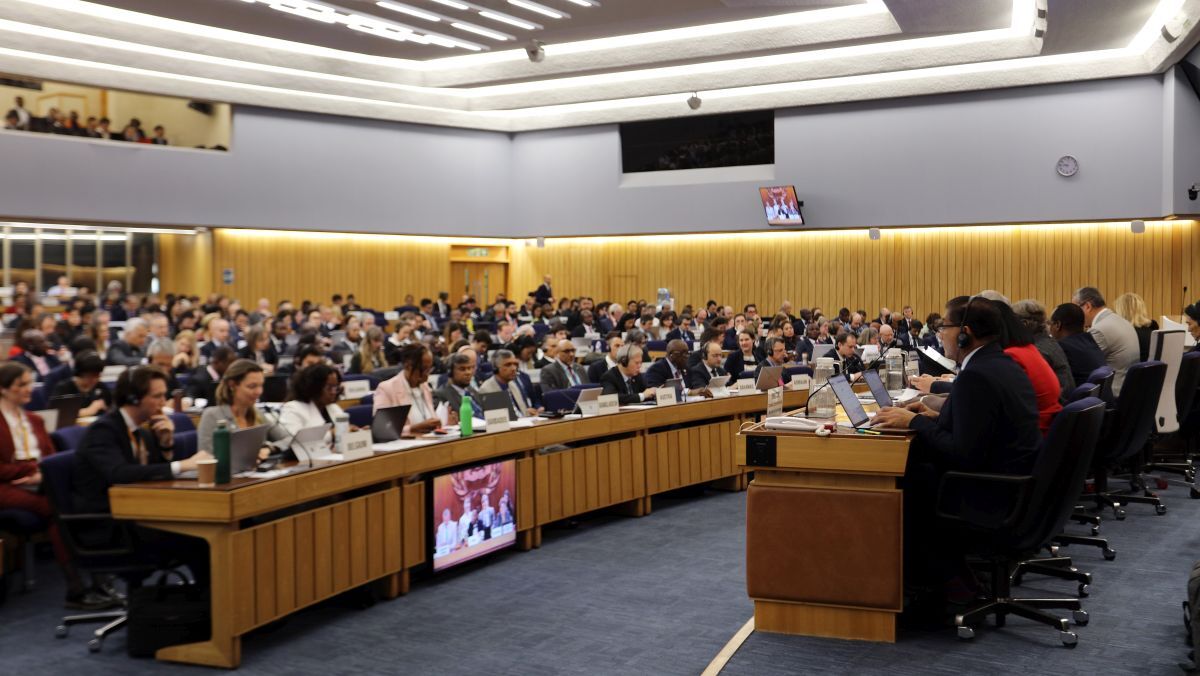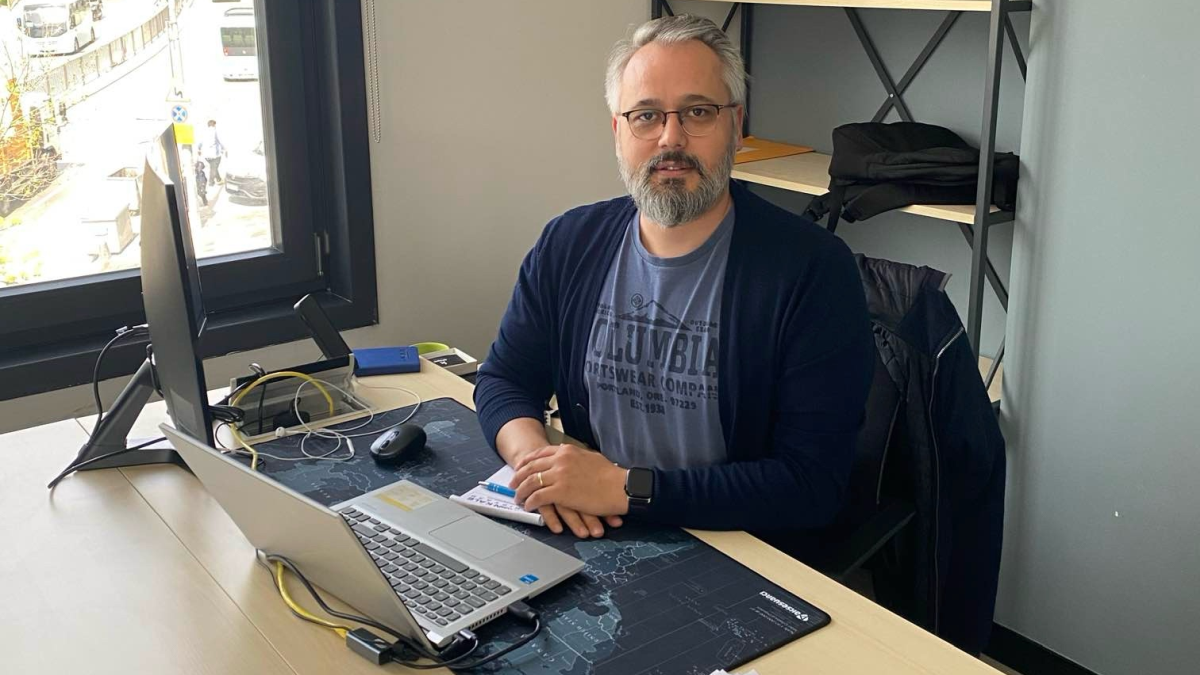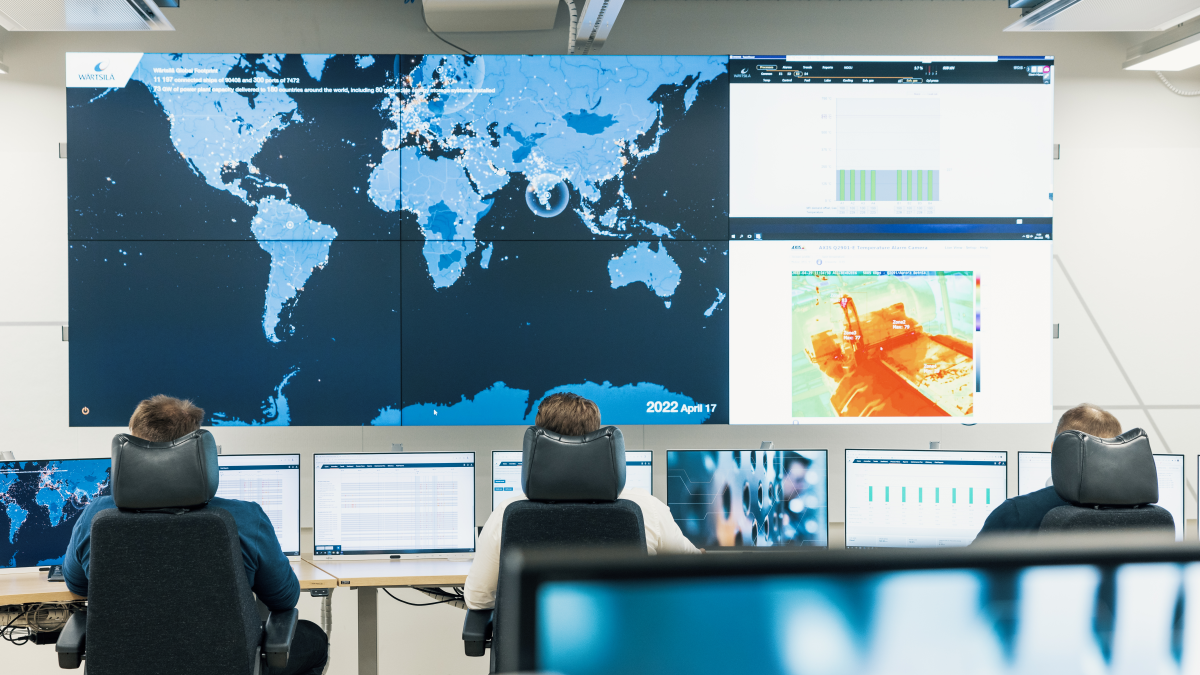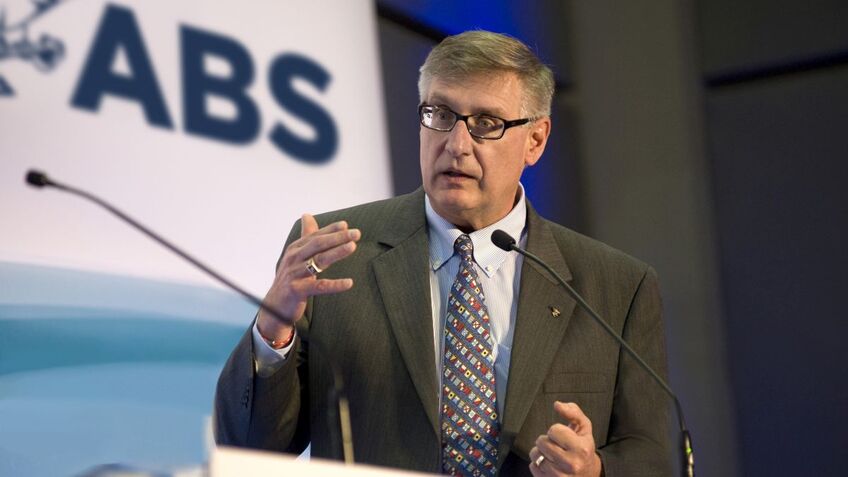Business Sectors
Events
Contents
Register to read more articles.
EU energy plan supports LNG terminal expansion
Brussels eyes LNG infrastructure investment and joint purchasing to stabilise supply and reduce costs, with implications for terminals and transatlantic trade
The European Commission’s Action Plan for Affordable Energy outlines steps to lower energy costs while maintaining supply security.
While much of the plan focuses on electricity market reform and renewable energy, several provisions suggest a continued reliance on LNG imports, with potential consequences for terminal operators and shipping.
The document confirms the EU remains heavily dependent on imported natural gas, with 90% of demand met by external suppliers. It acknowledges LNG has played a role in mitigating the effects of recent supply disruptions and proposes structural measures to reinforce this position.
One approach under consideration is joint purchasing, which the Commission describes as a way to "leverage collective strength" in negotiations with suppliers. This model, it argues, would provide buyers with access to "cost-competitive imports" while ensuring "market-based pricing" and reducing exposure to volatility.
There is also an emphasis on infrastructure investment, with the Commission stating “cross-border projects will be essential to prevent undue price disparities.”
The European Grid Package, set for release in 2026, will address how to integrate gas and electricity networks more effectively.
LNG terminals are expected to feature in these plans, particularly in regions where reliance on pipeline gas remains high.
The Commission also suggests financial instruments could be made available to encourage infrastructure expansion, referencing the role of the European Investment Bank in supporting projects that contribute to energy resilience.
The plan does not name specific terminals, but the focus on interconnectivity suggests facilities with established regasification capacity, such as those in Spain, France, the Netherlands and Germany, could play a role in future developments.
The text highlights "the need for a transparent and competitive gas market," which may indicate support for measures that encourage LNG terminal utilisation and capacity upgrades.
Geopolitical considerations are also implicit in the plan. While the EU has diversified its gas supply following the reduction of Russian pipeline imports, the document notes that pricing disparities with the United States remain substantial, with industrial electricity costs in Europe more than twice those of US competitors.
The emphasis on "trusted LNG suppliers" and securing "long-term purchase options" will be seen by some as an attempt to strengthen ties with North American exporters. In this context, an expansion of LNG contracts with US producers could form part of broader trade discussions.
Sign up for Riviera’s series of technical and operational webinars and conferences:
- Register to attend by visiting our events page.
- Watch recordings from all of our webinars in the webinar library.
Related to this Story
Women in Maritime Today: Elin Saltkjel says no day working in maritime is dull
Events
Maritime Environmental Protection Webinar Week
Cyber & Vessel Security Webinar Week
The illusion of safety: what we're getting wrong about crews, tech, and fatigue
Responsible Ship Recycling Forum 2025
© 2024 Riviera Maritime Media Ltd.

